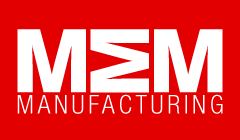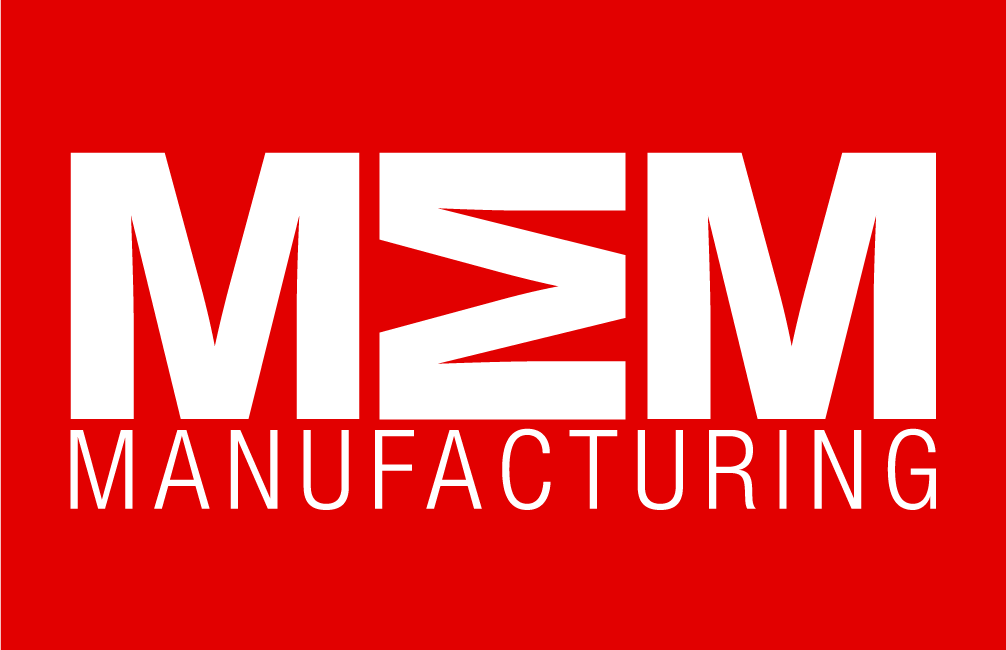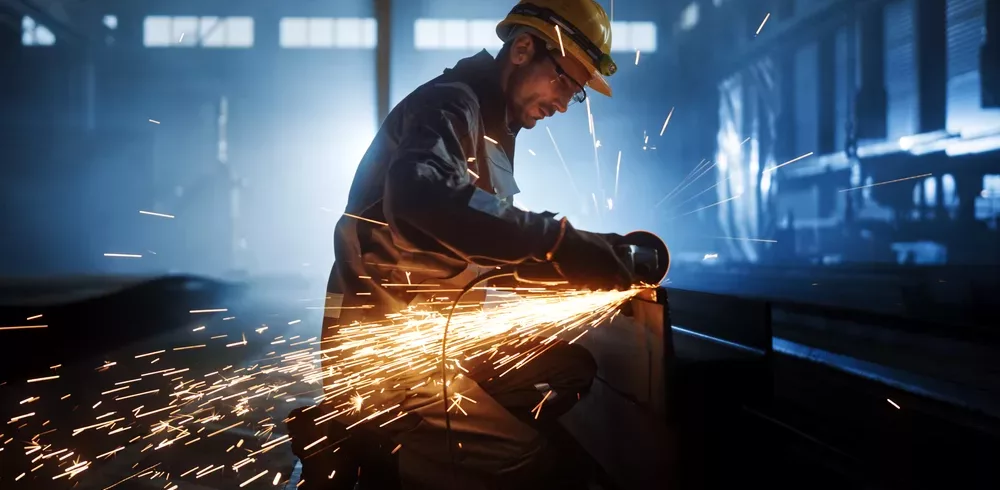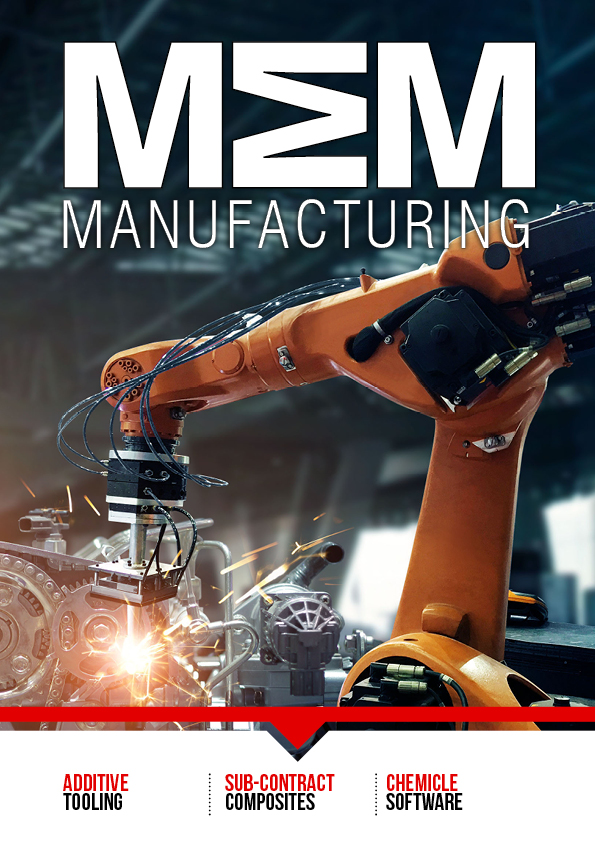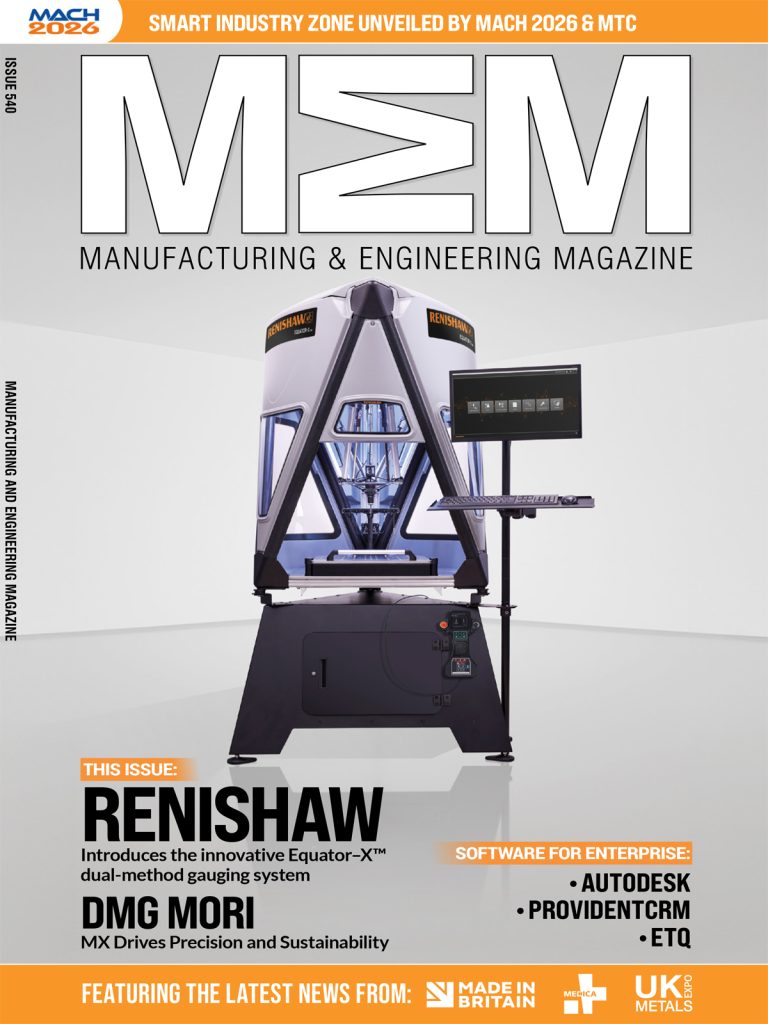Health and Safety is not Made a Top Priority in the Workplace, Claim a Third of Metalworkers : More than 1 in 3 (36%) metalworking professionals do not feel that health and safety is a top priority within their company, and over a quarter (28%) are worried about their safety at work, according to new research from leading power tools and accessories manufacturer, FEIN.
“Health and safety remain critical to the metalworking sector due to the daily use of machinery and equipment that can result in injury when operated improperly and without sufficient training,” explains Andy Mills, managing director of FEIN UK. “It’s positive to see that on the whole, the industry does not worry about their safety at work; however, there is clearly still more to do in order to make everyone feel comfortable in the workplace.”
The data also uncovered that although 38% agree they can do their job safely, almost half of the metalworkers (45%) agreed that tools with safety features would make them feel more comfortable at work, in particular fabrication operatives (71%). An unsafe working environment is not only dangerous to employee wellbeing, but can also prove costly to businesses with workplace related injury or ill health currently costing the UK economy an estimated £18.8 billion a year, according to the latest Health & Safety Executive (HSE) statistics.
The research uncovered that:
- Those working in larger companies of 50-99 (50%) and 250-500 (38%) employees are most likely to worry about their safety at work
- 40% are offered health and safety training by their company and for those working in companies with 1-9 employees, it is just 13%
- 34% believe that the tools with the safety features they want are not on the market
- Over a third (39%) agree that the tools with the safety features they want are too expensive, with 25–34-year-olds most likely to agree (60%)
In addition to highlighting how companies can make individuals feel more comfortable at work, the research also revealed contrasting industry opinions on the tools available. Insights illustrated that a significant proportion of the industry (45%) would feel more comfortable if they could use tools with safety features, however, knowledge and budgets can prove to be obstacles.
Andy concludes: “Our latest research confirms that there is an opportunity to increase contact between tool specialists and users in metalworking, to understand individual needs and discuss the safety features now available on the market. At FEIN, our application-based approach means that we are frequently meeting those using the tools on a one-on-one basis, however, industry groups and events are also a really important method to bring conversations around safety requirements into a public forum and leverage the high level of innovation in metalworking today.
“Across the industry, we see metalworkers navigating higher costs and deterred from exploring new safety solutions due to the price tag, however, these decisions should not be made without assessing the overall value. We are pleased to lead these conversations and demonstrate with real life examples how investing in safety-led tools can dramatically improve safety standards – increasing confidence, reducing accidents and preventing expenses and downtime accrued in the event of injury. We’ve found that the safety features we’ve introduced, including non-removable safeguards, abnormal movement protection and versatile hand-grip, have been received really well by users and recognised by industry bodies such as the BSIF too. We look forward to getting out and meeting more metalworkers throughout the year to discuss how their safety challenges can be overcome.”
To find out more about the research results, including in-depth analysis and specific statistics, please click here.
Manufacturing & Engineering Magazine | The Home of Manufacturing Industry News
